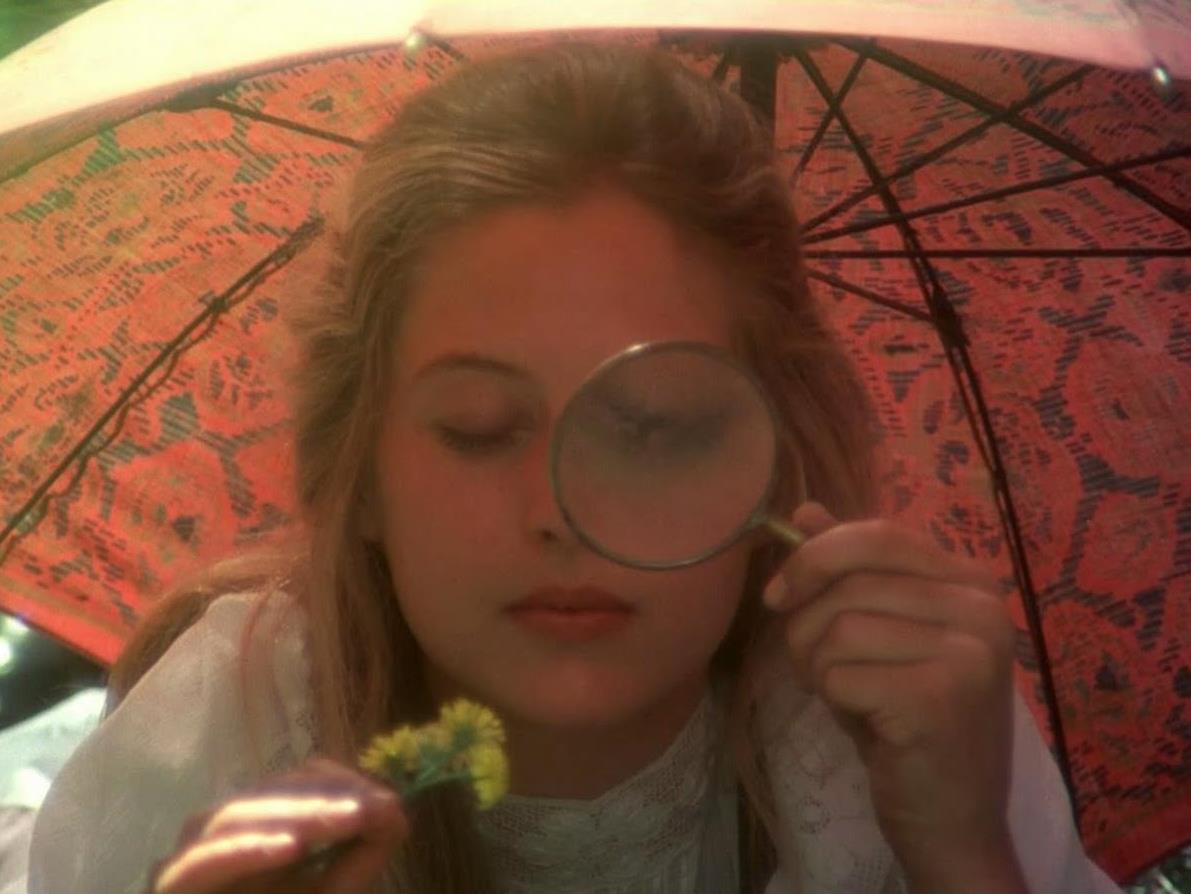Without patriotism, Australian film will vanish like picnickers at Hanging Rock: Image: Picnic at Hanging Rock
Broadcaster Phillip Adams has called for a new patriotism among filmmakers and other Australian artists in pursuit of stronger support for film and other creative industries.
Delivering the Hector Crawford Memorial Lecture at the Screen Producers Association last week, Adams argued the only justification for funding Australian arts was in the particularist identity of the Australian experience.
‘It is time to form another Team Australia. Based not on dog whistle calls to bigotry but on expressing the sort of cultural and political idealism that was so exhilarating in the glory days of Whitlam.
‘It is time to call upon the pantheon of Australia’s creative producers, filmmakers, writers, painters, pundits, public intellectuals and sympathetic pollies – anyone and everyone who can be recruited to the cause,’ he said.
Adams said he was personally sceptical of nationalism but believed it was necessary for the survival of the Australian film industry. ‘Despite the blurring of borders created by corporate globalisation and recent technological wizardries, it is only old-fashioned nationalism that can inculcate public and political support for an Australian film industry.’
While Adams admitted feeling sickened by the very phrase ‘Team Australia’ because ‘you’d need a tin ear not to recognise that Team Australia is code for a Whiter Australia, a more Christian Australia’, he said without patriotic arguments and consequent Australian government support the Australian film industry ‘vanishes, like picnickers at Hanging Rock, and we revert to the cinematic terra nullius of the 1950s and 60s’.
‘It is time to wheel out the big guns in Australian culture – not only from the first rank of Australian filmmakers and actors but also from Australian literature. We are still reeling in delight from the fact that another Australian has won the Man Booker prize – my friend Richard Flanagan now joins the ranks of Carey and Keneally. Activate them. All three have passionate commitments to Australian film. Alert the Australian painters as well.’
He said other art forms had done much better than the film industry in gaining the support of Australian audiences.
‘In fact, we’ve got much to learn from the painters and the writers who’ve been more successful than the filmmakers in achieving local market share. Whilst 95% of the box office still goes to American films, Australians overwhelmingly prefer to buy Australian paintings – and the list of bestselling books in this country invariably have a few Australian novels on them.’
Film has the potential to identify and support those aspects of Australian culture that are not mere clones of American culture.
‘Film projectors project so much more than film. They project ideas and ultimately belief systems. Ours is a country with comparatively sane gun laws. We do not drown in mass-marketed religiosity. Nor do we see the theory of evolution as blasphemy. Women here have the right to choose. Thanks to a campaign energised by Barry Jones we have long since abandoned the death penalty – whilst the US – most notably Texas – maintains an assembly line to deliver victims of a racist legal system to the execution chamber.
‘In so many ways Australia was and remains light years ahead of the US in its social attitudes. Yet we allow ourselves to acquiesce to insane American laws regarding drugs and we have increasingly echoed their law and order rhetoric and legislation. Anybody who doubts for a moment that US film and television hasn’t played a crucial role in this dangerous osmosis simply hasn’t been paying attention.
‘We’ve increasingly embraced the US political system, turning our federal elections into de facto presidential elections – a process that I was writing about in the age of Robert Gordon Menzies. And we’ve increasingly allowed our elections to become auctions – competitions between advertising agencies as much as betwixt candidates and policy.’
A full transcript of Adams’s lecture is published on ScreenHub.





